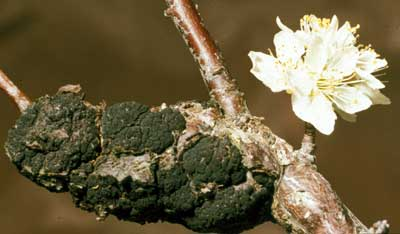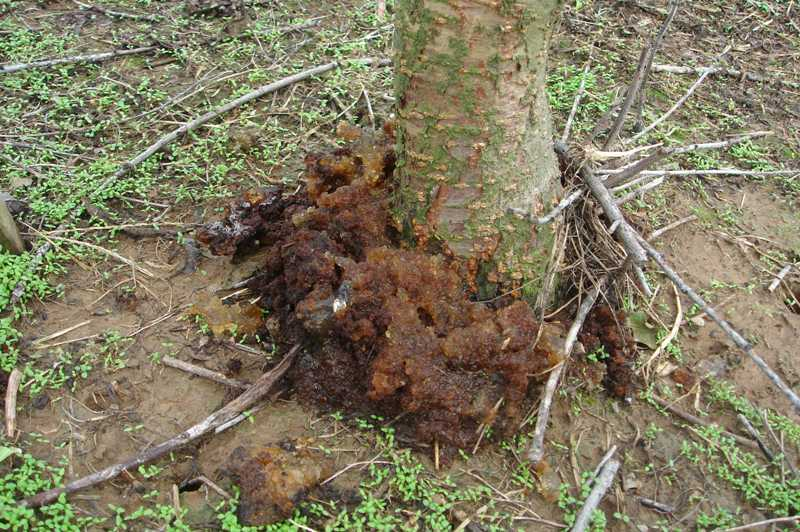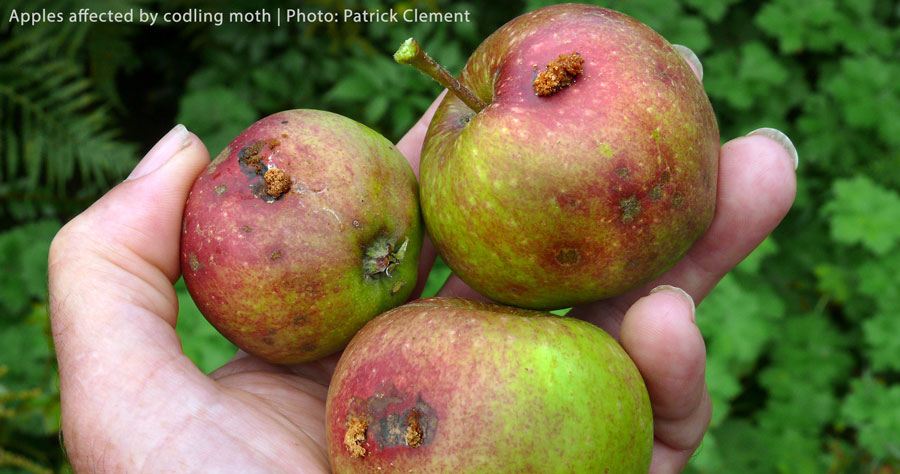POP TIPS: September Orchard Care
Phil Forsyth
Summer/Fall Weeding
Emergency Pruning
As summer comes to an end, it becomes increasingly important to limit pruning to emergency pruning only. Fall pruning can result in new growth that doesn't have time to harden off before winter temperatures hit.
Keep an eye out for any diseased, damaged, or dead wood that should be pruned away no matter the season.

Pest and Disease Monitoring & Identification


phil
Summer/Fall Weeding
Phil Forsyth
Summer/Fall Weeding
Emergency Pruning
As summer comes to an end, it becomes increasingly important to limit pruning to emergency pruning only. Fall pruning can result in new growth that doesn't have time to harden off before winter temperatures hit.
Keep an eye out for any diseased, damaged, or dead wood that should be pruned away no matter the season.

Pest and Disease Monitoring & Identification


Phil Forsyth
Summer/Fall Weeding
Emergency Pruning
As summer comes to an end, it becomes increasingly important to limit pruning to emergency pruning only. Fall pruning can result in new growth that doesn't have time to harden off before winter temperatures hit.
Keep an eye out for any diseased, damaged, or dead wood that should be pruned away no matter the season.

Pest and Disease Monitoring & Identification
